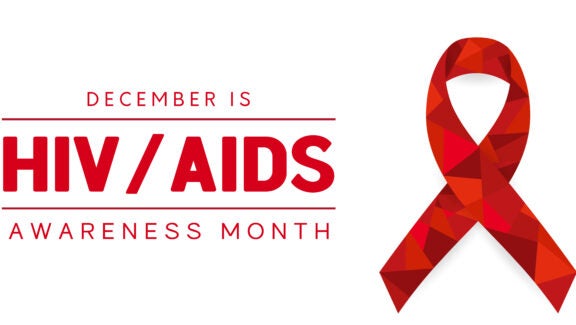

New Project Aims to Reduce Claim Denials and Enhance Resource Stewardship
One of the primary goals of UVA Health’s 10-year strategic plan includes various initiatives to strengthen our foundation. In support of this goal, a new project led by the Revenue Cycle team aims to reduce the number of patient insurance claim denials and the avoidable write-offs that often result from them.
The Denial Prevention Project seeks to implement small, incremental changes that support claim approval on first submission to yield substantial results on behalf of patients, providers, and team members.
Why focus on preventable denials?
Preventable denials are a patient dissatisfier.
No one wants to hear that their insurance may not cover care they’ve already received. UVA Health will work to help patients understand the cost of their care as soon as possible.
Preventable denials waste time.
By arming providers with tools to reduce denials, we can redirect their valuable time from responding to claim denials to patients, research, and teaching. Clinic support and revenue cycle team members are also caught up in responding to preventable denials and their time also can be used more productively.
Preventable denials are costly.
Reducing the number of preventable denials will allow the health system to redirect funds to a host of other mission-critical efforts, from staff retention to facilities and equipment upgrades to research.
How will this work be conducted?
The data-driven process will begin with data analysis and research to uncover what areas are experiencing a high level of denials and subsequent avoidable write-offs and the potential root causes.
“Collaboration will be essential to success. Administrative leaders and clinicians will be engaged to better understand what’s driving denials in a particular area and what tools could help prevent them, then develop and implement solutions together,” said Brent McGhee, JD, chief revenue officer.
Potential tools could include pop-up point-of-interaction messages in Epic, training/education, and revised workflows that, for example, ensure that all critical patient insurance information is captured at registration.
The project will be guided by a workgroup that includes a standing membership of project leaders supplemented by ad hoc members that will include clinical chairs and administrators, HIT representatives, revenue cycle leaders, and other stakeholders.
The project work will take place on a rolling basis across departments as identified by the data, with the first clinical departments and leaders engaged in December. The effort will continue in perpetuity as part of our commitment to continuous improvement.
For more information, please see the FAQs below or contact Chief Revenue Officer Brent McGhee.
Denial Prevention Project FAQs
What are some examples of avoidable denials?
- A denial and subsequent write-off may result if the procedure initially scheduled is not the procedure that was planned or did not include all planned procedures, so the procedure(s) that are authorized are not the procedure(s) that are performed. These types of authorization issues impact both hospital and physician net revenue.
- With limited exceptions (primary care exception), attending physicians must personally document whether they performed a service or were physically present during a resident-provided service for the service to be billable. If this is not accurately documented, it may contribute to an avoidable write-off.
What are some examples of potential solutions that support claim approval on first submission?
- When ordering a test, a pop-up message in Epic alerts the provider that the test requires pre-authorization.
- When ordering a drug, a pop-up message in Epic alerts the provider when an alternative, more routinely covered drug is available.
- Working with the utilization management team to ensure appropriate patient status is assigned at the right time in the patient’s stay along with the corresponding order that supports that status.
- Educating access teams on best practices for capturing complete insurance information at the time of scheduling and registration.
What is the scale of change providers should prepare for?
The approach will be to ask providers to make small, incremental changes that, taken together across the organization, are expected to have a meaningful impact on the overall denial and avoidable write-off picture.
What are some examples of incremental steps that a provider could take to help prevent claim denial?
- Assuring medical necessity for tests and procedures requiring prior authorization is thoroughly documented.
- Considering drug alternatives that are routinely covered.
- Ensuring that planned surgical procedures, including CPT codes, are provided at the time of case request.
How should providers expect to be engaged in this work?
Individual providers may be engaged in one-on-one conversations to discuss denials in their practice, as well as potential solutions. They may be asked to join the standing workgroup on an ad hoc basis and/or serve on a task force. As this project will be driven by data, it is also possible that providers in low-denial departments may not be engaged at all.
When will my department be engaged?
At this time, there is no schedule for when specific departments will be engaged. The project will focus its efforts on areas where there are higher levels of denials and avoidable write-offs, and this will be determined as part of the initial discovery phase of the project.
Is this related to the Clinical Documentation Integrity (CDI) initiative?
Some patient claims are denied by insurance companies because the clinical documentation does not support the medical necessity of a test, prescription, or other care plan component. Ongoing CDI efforts should complement and support denial prevention efforts.
Latest News



